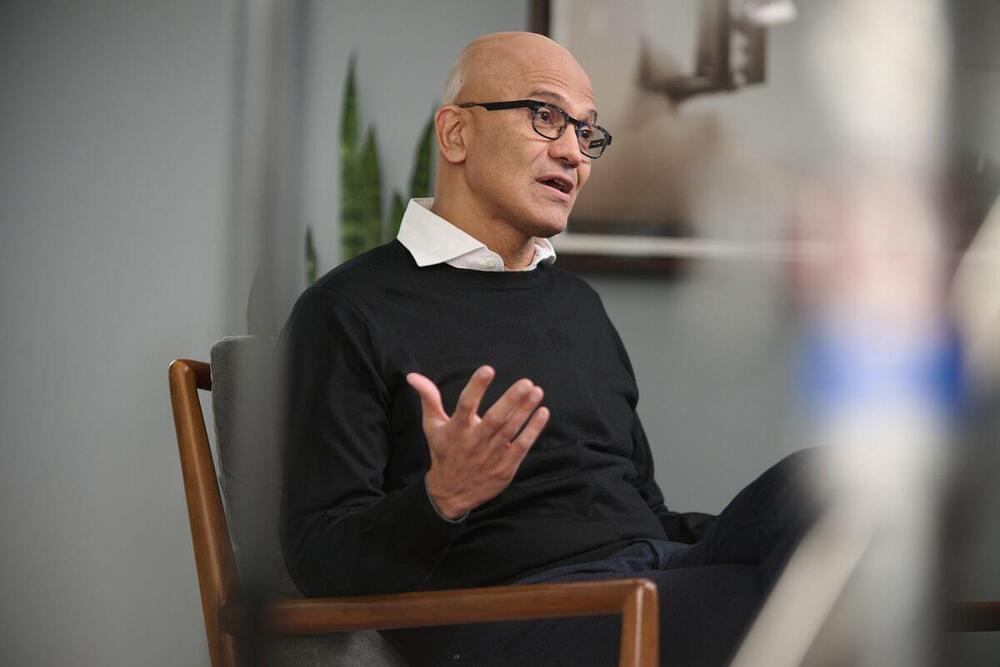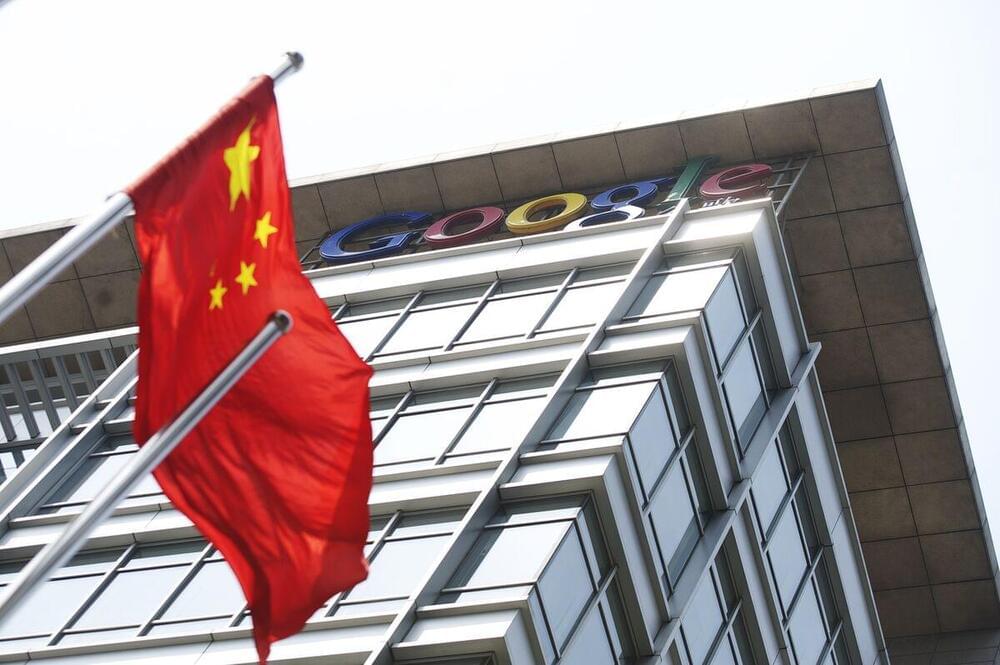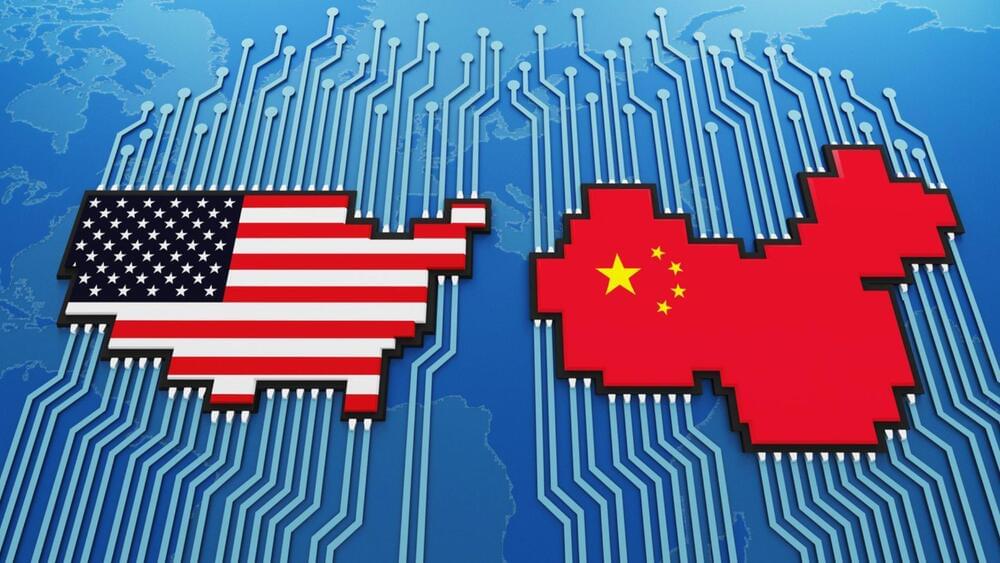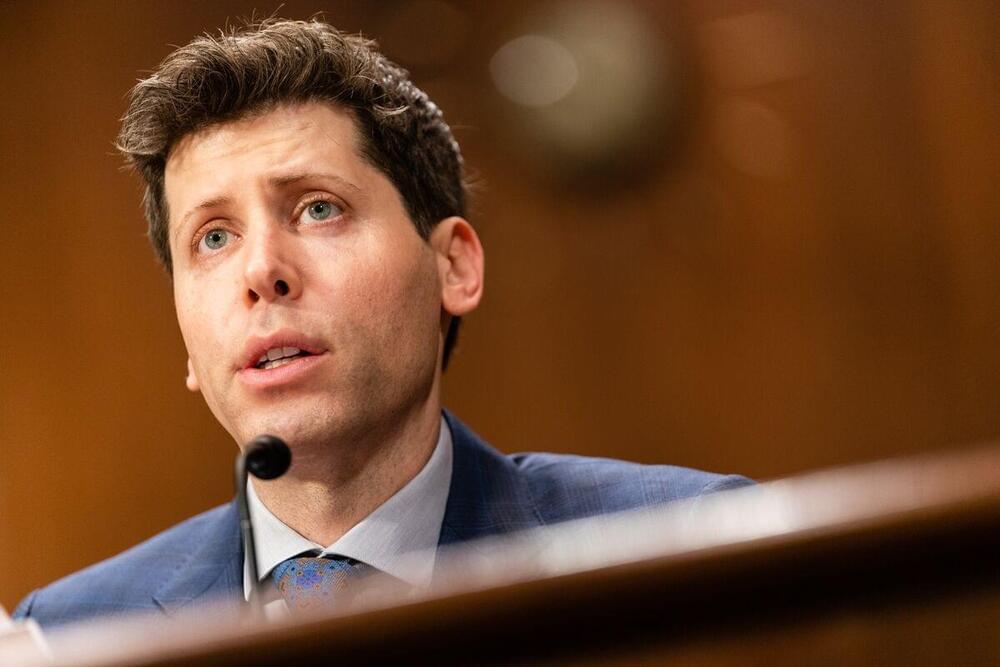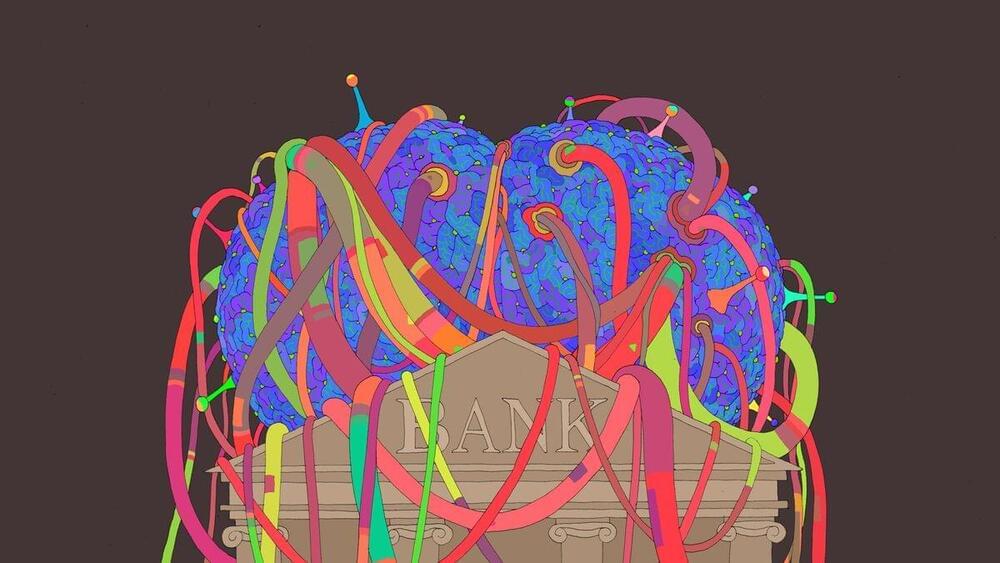It seems that Google doesn’t trust any AI chatbot, including its own Bard AI bot. In an update to its security measures, Alphabet Inc., Google’s parent company has asked its employees to keep sensitive data away from public AI chatbots, including their own Bard AI.
According to sources familiar with the matter, Alphabet Inc, the parent organisation of Google, is advising its employees to be cautious when using chatbots, including its own program called Bard, even as it continues to promote the software globally.
The company has updated a longstanding policy to protect confidential information, instructing employees not to input sensitive materials into AI chatbots. These chatbots, such as Bard… More.

